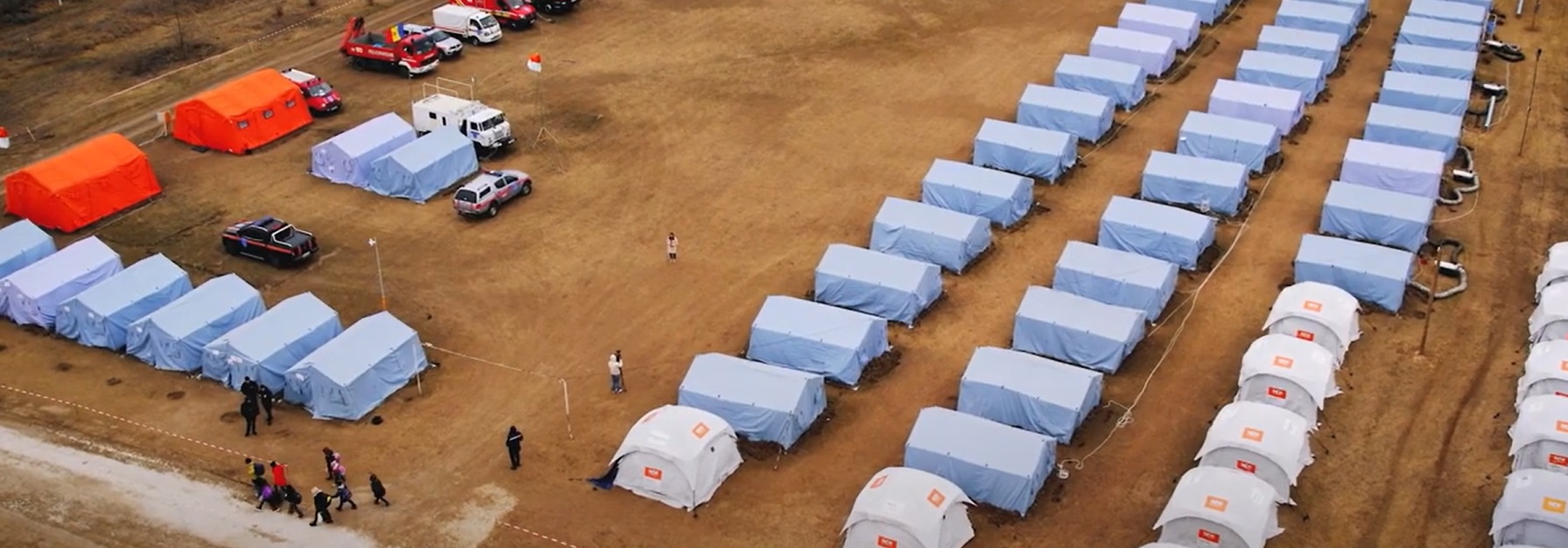UN Global Pulse using satellites to understand epidemics

Diseases spread quickly in refugee camps, creating urgent health risks for residents. Professor Frank Krauss and his team are working with UN Global Pulse to use satellite data and neural networks to better understand and manage disease transmission.
By adapting quantitative methods from physics research, the team maps refugee camps by analysing satellite imagery to identify structures like tents and estimate population sizes. Using these population estimates, they are able to simulate the spread of diseases within the camps.
The data modelling, combined on-the-ground knowledge, helps humanitarian agencies implement targeted measures to reduce disease risks, support camp planning and aid disease prevention.
This research has been funded by the Engineering and Physical Sciences Research Council Impact Acceleration Account, Science and Technology Facilities Council Impact Acceleration Account and UN Global Pulse.
Impact Acceleration Accounts
Impact Acceleration Accounts (IAAs) are strategic awards from UK Research and Innovation to provide funding to research organisations to use creatively for a wide range of impact activities.
IAAs allow research organisations to respond to opportunities in flexible, responsive and creative ways that align with their institutional strategies and opportunities.


/prod01/prodbucket01/media/durham-university/external-location-photography-/city-shots-/82922-1-1920X290.jpg)
